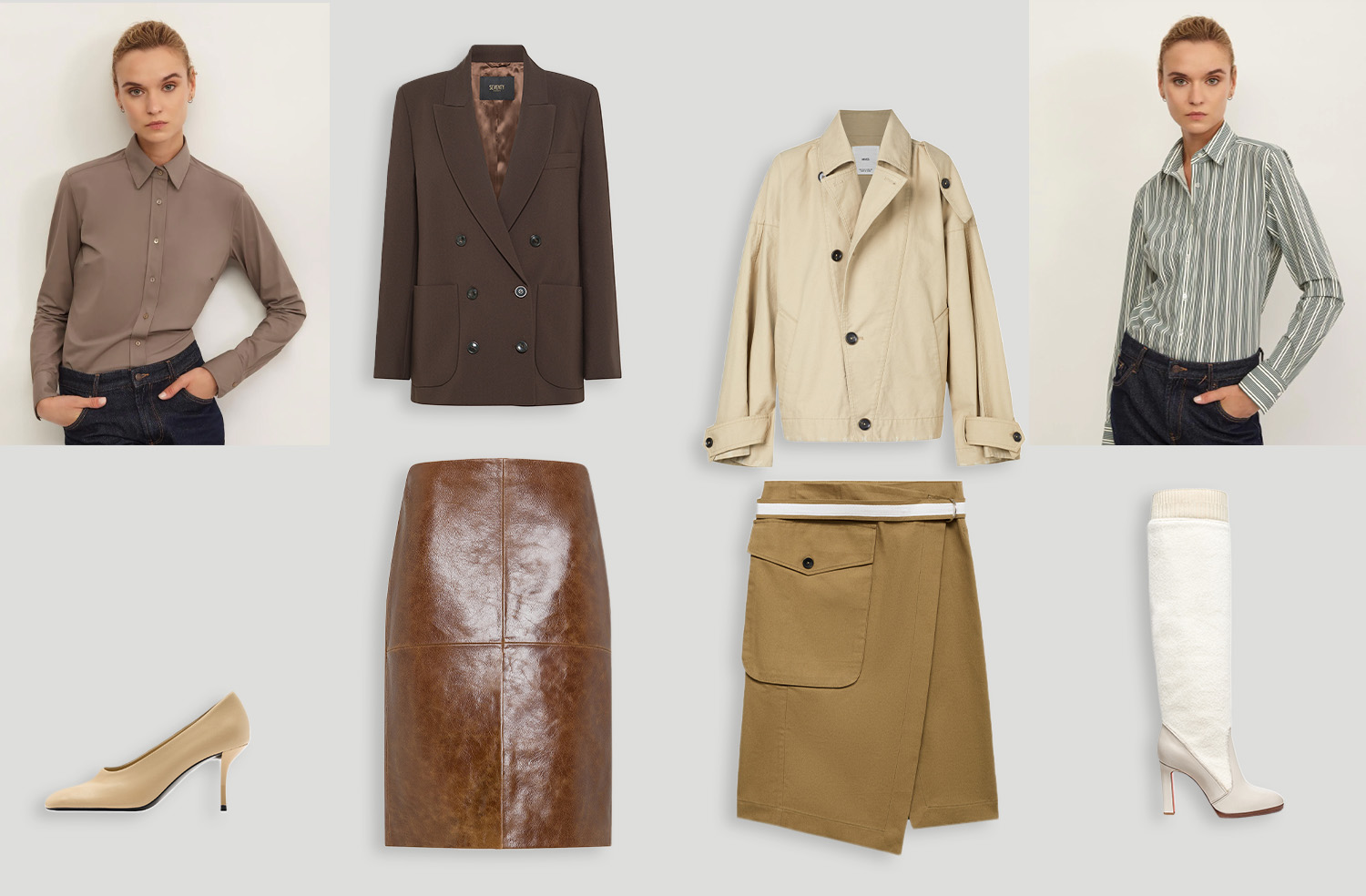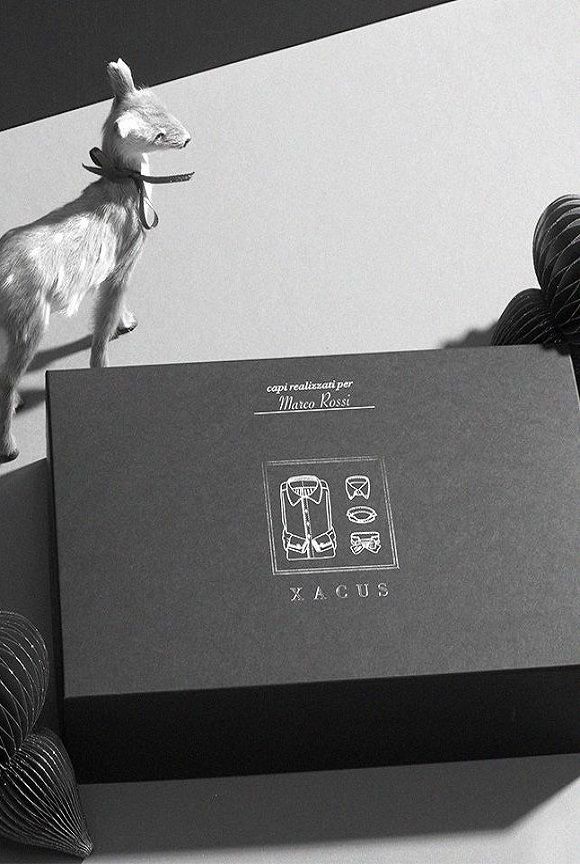Active - Story of a shirt with superpowers
Active - Story of a shirt with superpowers
What would once have been a sci-fi story, today has finally materialized. A shirt with a traditional and fascinating look, with the features of a super-performing sports shirt. It passed every stress, temperature and resistance test, and meets the need of men and women constantly on the move, whose boundaries between professional life and free time become increasingly thin, just like the look their style requires - a comfortable and interchangeable hybrid, between formal and leisurewear. The answer is the Active Shirt - Xacus winning formula - which is also the 'question', if we look at it from the market standpoint, because everyone likes the Active shirt, and this is one of the reasons why it continues to bring along new, increasingly beautiful and performing versions, twice a year.


Vision, innovation, technique and Italianness
A visionary idea: using an activewear fabric - originally manufactured to make parachutes - as raw material for a timeless piece, an emblem of classic style: the shirt. However, the Active shirt results come from constant research, through the experimentation and implementation of new manufacturing methods that even required the tailoring department's sawing machines to be modified. This special polyamide, which, before becoming a Xacus shirt, must be laid on long tables for 48 hours (just like a slow leavening process), becomes a superfibre, resistant to creases, which does not absorb humidity, can be washed at low temperatures and does not need to be ironed.
Sustainable aesthetics
While white and light blue shirts are a wardrobe's ABC, and blue and black shirts are super glam, the new genderless closet includes denim, herringbone, melange, and new sophisticated and contemporary matt nuances, which combine unparalleled practical aspects to the desire of collecting them all, also because they represent an example where aesthetics and ethic are perfectly combined. Indeed, the polyamide used for these shirts comes from fishing nets collected from the seabed that the company Aquafil turns into Econyl, alongside other scrap materials, thus reducing the pollutants on our Planet, with a minimum environmental impact during its production cycle: just think that 2700 litres of water are required to produce a regular cotton t-shirt, and only 60 for an Active shirt.






